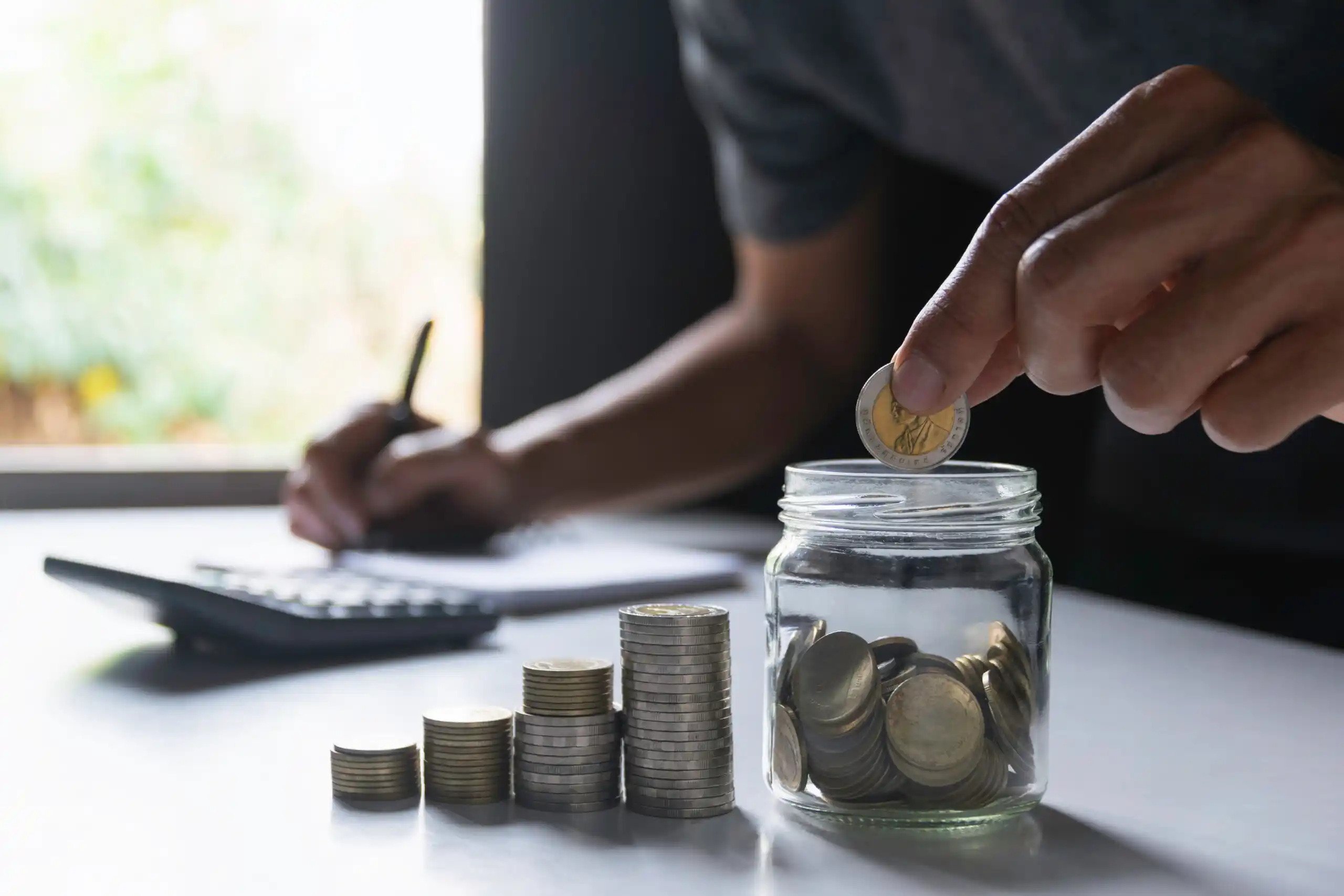

Articles
How To Store Money Without A Bank
Modified: January 18, 2024
Learn effective strategies for storing money without relying on traditional banks including articles on alternative banking options, cash management, and secure storage solutions.
(Many of the links in this article redirect to a specific reviewed product. Your purchase of these products through affiliate links helps to generate commission for Storables.com, at no extra cost. Learn more)
Introduction
When it comes to storing money, most people instinctively think of banking institutions as the go-to solution. However, there are various reasons why individuals may choose to store their money outside of a bank. Whether due to concerns about privacy, mistrust of financial institutions, or simply seeking alternative ways of managing their funds, storing money without a bank has become a viable option for many.
In this article, we will explore the reasons to store money without a bank, as well as the options and precautions to consider when opting for alternative methods of money storage. Additionally, we will discuss safe investments that can help preserve and grow your wealth, even if you choose to keep your money outside of traditional banking systems.
Before diving into these details, it is important to note that storing money without a bank may not be suitable for everyone. Banks provide a range of services, such as secure deposit boxes, insurance coverage, and access to credit, that may be necessary for some individuals. However, if you are considering alternative methods of money storage, this article will provide you with valuable insights to make informed decisions.
Now, let us explore the reasons why storing money without a bank may be a desirable option.
Key Takeaways:
- Storing money without a bank offers greater financial autonomy and alternative investment opportunities, but it requires careful consideration of risks and security measures to safeguard your funds effectively.
- Diversifying storage methods, implementing strong security measures, and staying informed about legal and tax obligations are crucial when opting to store money without a bank, ensuring a balance between accessibility and security.
Read more: How To Store Money In A Safe Without Mold
Reasons to Store Money Without a Bank
There are several reasons why individuals may choose to store their money without relying on traditional banking institutions. Here are some of the main reasons:
- Privacy: Some people value their financial privacy and prefer to keep their money away from the prying eyes of banks and other financial institutions. By storing money outside of a bank, they can maintain greater control over their financial information and transactions.
- Mistrust of Banks: In certain cases, individuals may have a lack of trust in banks and prefer not to rely on them as the sole custodians of their money. Concerns about the stability of banks, potential for fraud, or issues related to government regulations can all contribute to this mistrust.
- Geopolitical Concerns: In politically unstable regions or countries with uncertain economic conditions, individuals may choose to store their money outside of traditional banking systems as a form of protection. This can help safeguard their wealth in case of currency devaluation or restrictive government policies.
- Asset Protection: Some individuals may have significant assets that they want to protect from potential creditors, legal battles, or other external circumstances. By storing money outside of a bank, they may have more control over how their assets are managed and protected.
- Alternative Investment Opportunities: For those seeking to invest their money in non-traditional ways, storing money outside of a bank can provide them with more flexibility and freedom. It allows them to explore different investment options, such as real estate, precious metals, or startups, without the restrictions that banks may impose.
It is important to note that storing money without a bank also comes with its own set of challenges and risks. Lack of deposit insurance, limited access to financial products and services, and the need for self-management are all factors that individuals should consider before opting for alternative methods of money storage. However, for those who prioritize the reasons mentioned above, finding alternative solutions can be empowering and offer greater financial autonomy.
Now that we have explored the reasons behind storing money without a bank, let’s dive into the options available for securing your money outside of traditional banking systems.
Securing Your Money Outside of a Bank
When it comes to storing money outside of a bank, it is crucial to prioritize security measures to safeguard your funds. Without the protections and security features offered by banks, it is essential to take additional precautions. Here are some strategies to help secure your money outside of a bank:
- Home Safe or Vault: One of the simplest and most accessible options is to keep your cash and valuables in a home safe or vault. Choose a high-quality, fireproof safe that provides protection against theft and damage. Install the safe in a concealed and secure location within your home.
- Offshore Accounts: Offshore banking offers individuals the opportunity to store their money in accounts located in foreign jurisdictions with different regulations and levels of confidentiality. Offshore accounts can provide additional privacy and asset protection benefits, but it is essential to research and comply with international tax laws and reporting requirements.
- Cryptocurrency: The rise of cryptocurrencies, such as Bitcoin, has provided a digital alternative for storing and transacting money. Cryptocurrencies offer decentralization, encryption, and anonymity. However, it is important to educate yourself about the risks and security measures associated with cryptocurrency storage, such as using hardware wallets or cold storage methods.
- Peer-to-Peer Lending: Some individuals may choose to invest their money in peer-to-peer lending platforms. These platforms allow you to lend money directly to borrowers, cutting out traditional financial intermediaries. While this method involves risk, it can provide opportunities for higher returns compared to traditional savings accounts.
- Precious Metals: Investing in physical assets like gold, silver, or other precious metals is another way to store value outside of a bank. Precious metals can serve as a hedge against inflation and provide a tangible asset that holds value over time. Ensure secure storage by utilizing a safe deposit box or a reputable precious metals storage facility.
Remember, when securing your money outside of a bank, it is crucial to find a balance between accessibility and security. Assess the risks associated with each option and consider diversifying your storage methods to mitigate potential losses.
Now that we have discussed various options for storing money without a bank, let’s explore safe investments that can help preserve and grow your wealth.
Options for Storing Money Without a Bank
When it comes to storing money without a bank, there are several alternative options available. These options provide individuals with alternatives to traditional banking institutions for safely storing and accessing their funds. Here are some of the main options for storing money without a bank:
- Credit Unions: Credit unions are member-owned financial cooperatives that offer many of the same services as traditional banks. However, credit unions often provide better interest rates and lower fees compared to big banks. They are regulated and insured, providing a level of security for depositors.
- Payment Apps: With the advancement of technology, various payment apps have emerged as alternatives for storing and transferring money. Apps like PayPal, Venmo, and Cash App allow users to securely store money, send and receive payments, and even make online purchases. These apps often provide additional features such as money management tools and budgeting assistance.
- Prepaid Cards: Prepaid cards are a convenient way to store and access money without the need for a traditional bank account. These cards are loaded with a specific amount of money, which can be used for purchases or withdrawals at ATMs. Prepaid cards can be linked to mobile wallets for added convenience and security.
- Money Market Funds: Money market funds are investment vehicles that invest in short-term debt securities, such as Treasury bills and commercial paper. These funds aim to maintain a stable net asset value (NAV) of $1 per share and provide a relatively low-risk alternative to traditional banking. Money market funds offer liquidity and the potential for higher returns compared to conventional savings accounts.
- Non-Bank Financial Institutions: Non-bank financial institutions, such as online brokerage firms and investment companies, offer alternative options for storing and growing your money. These institutions often provide a range of investment products, retirement accounts, and financial planning services. However, it is crucial to thoroughly research and choose reputable non-bank institutions to ensure the safety and security of your funds.
Each option comes with its own advantages and considerations. It is essential to assess your financial needs, priorities, and risk tolerance before choosing the most suitable option for storing your money without a bank. Consider factors such as accessibility, security measures, fees, and additional services provided by each alternative option.
Now that we have explored the options available for storing money without a bank, let’s discuss safe investments that can help preserve and grow your wealth.
Consider investing in a fireproof safe or a secure lockbox to store cash at home. Make sure to keep it in a hidden and secure location to prevent theft.
Safe Investments for Money Storage
When storing your money outside of a bank, it is important to consider safe investment options that can help preserve and potentially grow your wealth over time. While no investment is completely risk-free, there are some relatively safer options to consider. Here are a few safe investment options for storing your money:
- Government Bonds: Government bonds are considered one of the safest investments available. These bonds are issued by governments and offer regular interest payments and the return of principal upon maturity. They are backed by the full faith and credit of the government, reducing the risk of defaults.
- Certificate of Deposits (CDs): CDs are time deposits offered by banks and credit unions. They provide fixed interest rates and have specific maturity dates. CDs offer a higher rate of return compared to regular savings accounts, and the principal is FDIC insured, providing a level of security for depositors.
- Treasury Bills: Treasury bills, or T-bills, are short-term government securities with a maturity period of one year or less. They are considered one of the safest investments as they are backed by the U.S. government. T-bills are sold at a discount and mature at face value, providing investors with a fixed return.
- High-Yield Savings Accounts: High-yield savings accounts offered by online banks or credit unions can provide competitive interest rates while keeping your money easily accessible. These accounts often provide FDIC insurance, ensuring the safety of your funds up to the maximum limit.
- Dividend-Paying Stocks: Investing in established, dividend-paying companies can provide an opportunity for both income and potential capital appreciation. Dividend stocks can offer a steady stream of income, but it is important to conduct thorough research and choose reliable, financially sound companies.
While these investments generally carry lower risk compared to other investment options, it is still important to diversify your investments and understand that there are no guarantees of returns. Additionally, it is always advisable to consult with a financial advisor who can provide personalized guidance based on your individual financial situation and goals.
Remember, the key to safe investing is to carefully assess your risk tolerance, conduct thorough research, and diversify your portfolio. By doing so, you can mitigate potential risks and increase your chances of preserving and growing your wealth over time.
Now that we have discussed safe investment options, let’s move on to the precautions you should take when storing money without a bank.
Read more: How To Store Money At Home
Precautions to Take When Storing Money Without a Bank
When choosing to store your money outside of a bank, it is important to take certain precautions to ensure the security and accessibility of your funds. Here are some crucial precautions to consider when storing money without a bank:
- Diversify Your Storage Methods: Avoid placing all your funds in a single storage option. Diversify your money across different methods, such as a home safe, prepaid cards, or investments. This spreads the risk and provides alternative access to your funds if one storage method fails or becomes compromised.
- Secure and Conceal Your Physical Assets: If you choose to store cash or valuables at home, make sure to invest in a high-quality, fireproof safe. Additionally, keep the safe hidden and away from obvious places. Avoid sharing information about your storage methods with others to maintain confidentiality.
- Implement Strong Security Measures: Protect your digital assets by using strong, unique passwords and enabling two-factor authentication for online accounts. Regularly update your computer and mobile device security software to prevent hacking and unauthorized access.
- Research and Choose Reputable Non-Bank Financial Institutions: If you opt for non-bank financial institutions or investment platforms, thoroughly research and choose reputable entities. Check for licenses, reviews, and a solid reputation to ensure the safety and security of your funds.
- Stay Informed About Legal and Tax Obligations: Understand the legal and tax obligations relevant to storing money outside of a bank, especially if you choose offshore accounts or alternative investment options. Comply with local and international regulations to avoid legal issues and potential penalties.
- Regularly Review and Update Your Storage Methods: Periodically assess the security and efficiency of your chosen storage methods. Stay informed about new technologies and security measures that can enhance the safety of your funds. Adjust your storage strategies as needed to adapt to changing circumstances.
It is important to note that while these precautions can help mitigate risks, storing money outside of a bank may still involve some level of risk and potential vulnerabilities. Evaluate your own risk tolerance and consider consulting with a financial advisor or security expert to ensure you have a robust plan in place.
By implementing these precautions, you can enhance the security and accessibility of your funds when storing money without a bank. Now, let’s conclude our discussion on storing money outside of traditional banking systems.
Conclusion
Storing money without a bank has become a viable option for individuals seeking alternatives to traditional banking systems. Whether driven by concerns about privacy, mistrust of banks, geopolitical factors, or the desire for alternative investment opportunities, people are exploring various methods of money storage outside of financial institutions.
Throughout this article, we have explored the reasons behind this shift, the options available for storing money without a bank, and the precautions to take to ensure the safety of your funds. We have also discussed safe investment options that can help preserve and potentially grow your wealth.
While storing money outside of a bank offers benefits such as greater control over your finances and alternative investment opportunities, it is important to consider the risks and limitations involved. Lack of deposit insurance, limited access to financial products and services, and the need for self-management are factors to keep in mind when exploring alternative storage methods.
When storing your money without a bank, it is crucial to prioritize security measures. This includes diversifying your storage methods, securing physical assets, implementing strong security measures for digital assets, and staying informed about legal and tax obligations. Regularly reviewing and updating your storage methods is also essential.
Ultimately, the decision to store money without a bank is a personal one that requires careful consideration of your individual financial situation and goals. It is advisable to consult with a financial advisor or security expert to ensure you make informed choices that align with your needs and risk tolerance.
While storing money without a bank may not be suitable for everyone, it is a growing trend that provides individuals with an alternative path for managing their financial assets. By understanding the reasons, options, precautions, and safe investment opportunities, you can make decisions that offer greater financial autonomy and security.
Remember, the key is to strike a balance between accessibility, security, and potential returns as you explore the world of storing money without a bank.
Frequently Asked Questions about How To Store Money Without A Bank
Was this page helpful?
At Storables.com, we guarantee accurate and reliable information. Our content, validated by Expert Board Contributors, is crafted following stringent Editorial Policies. We're committed to providing you with well-researched, expert-backed insights for all your informational needs.

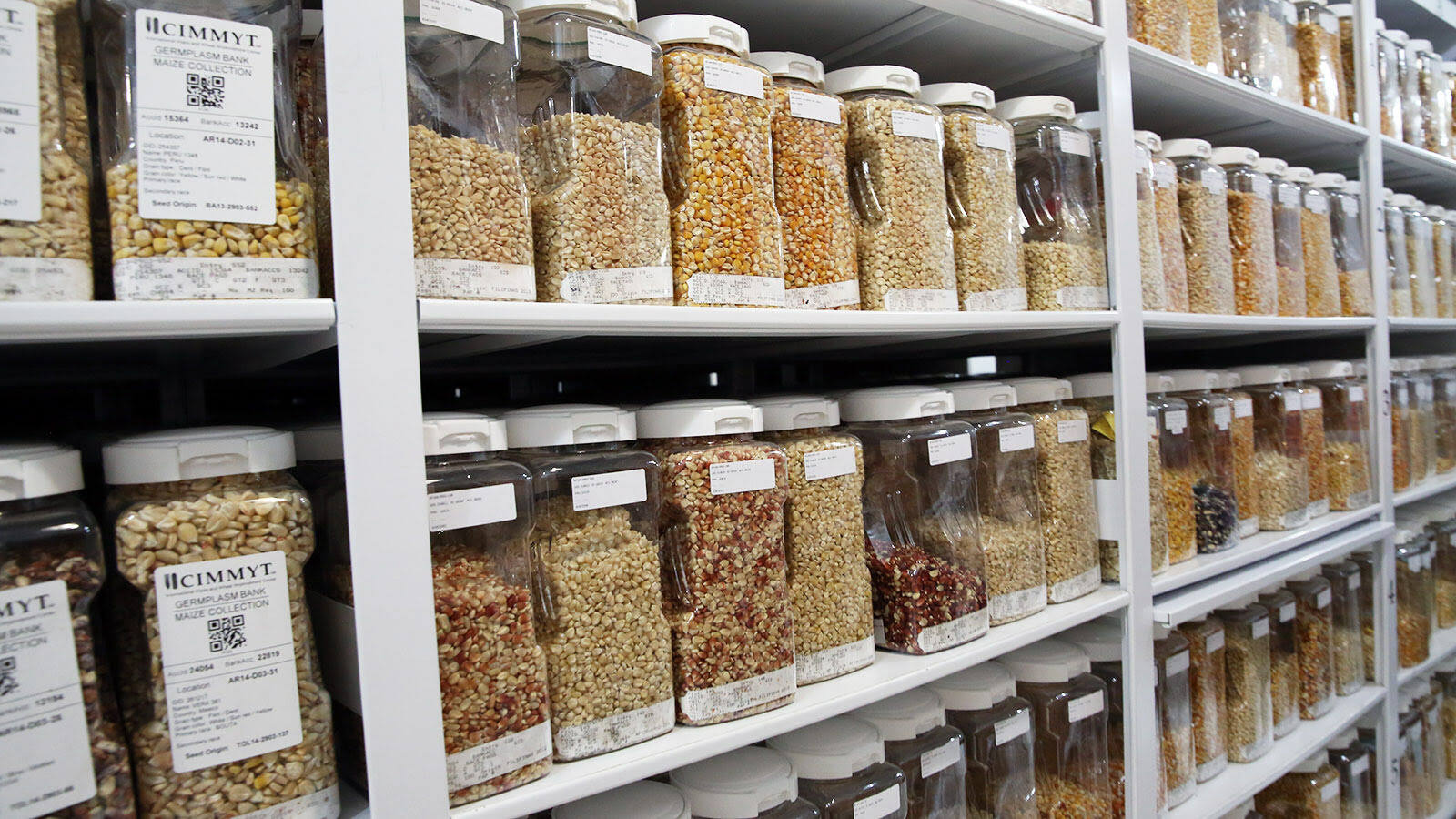


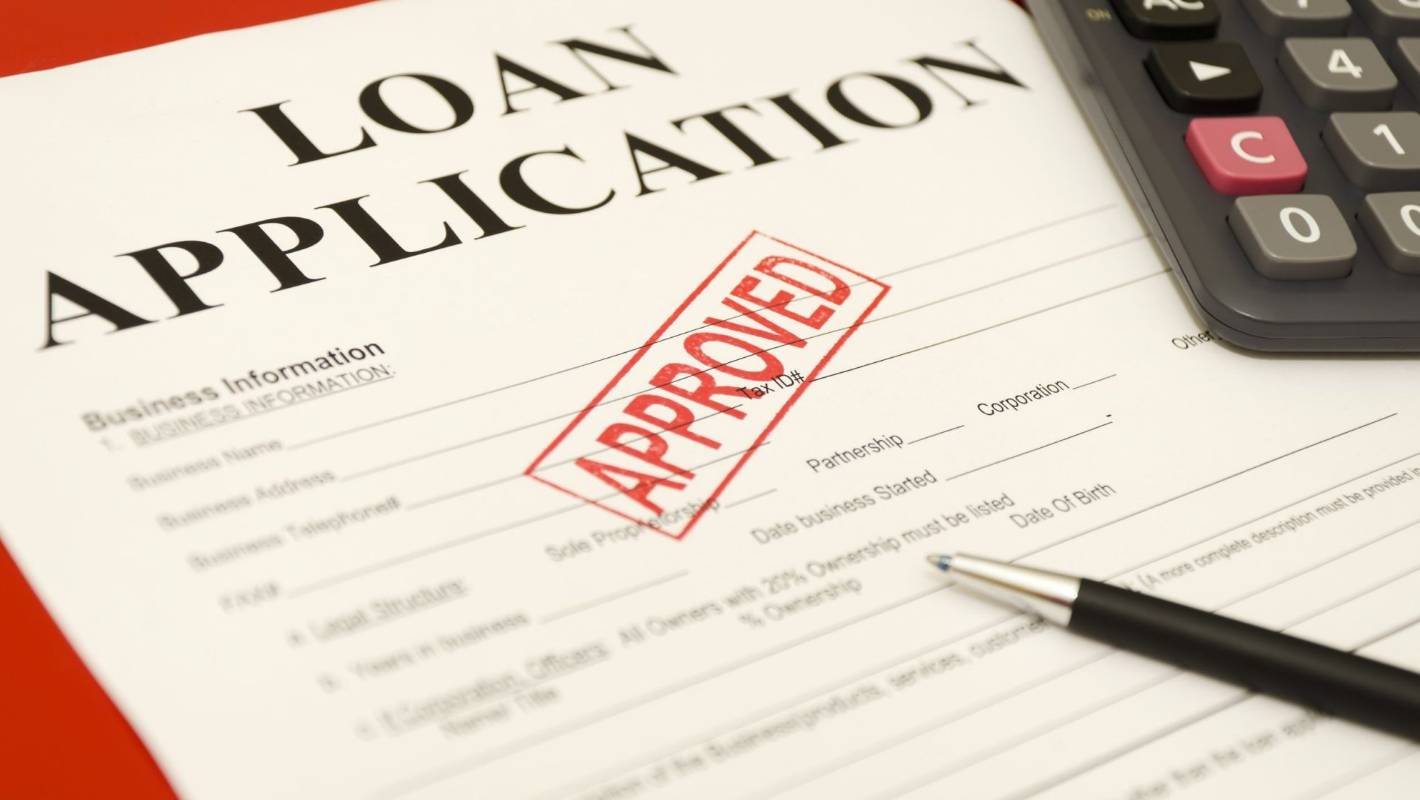
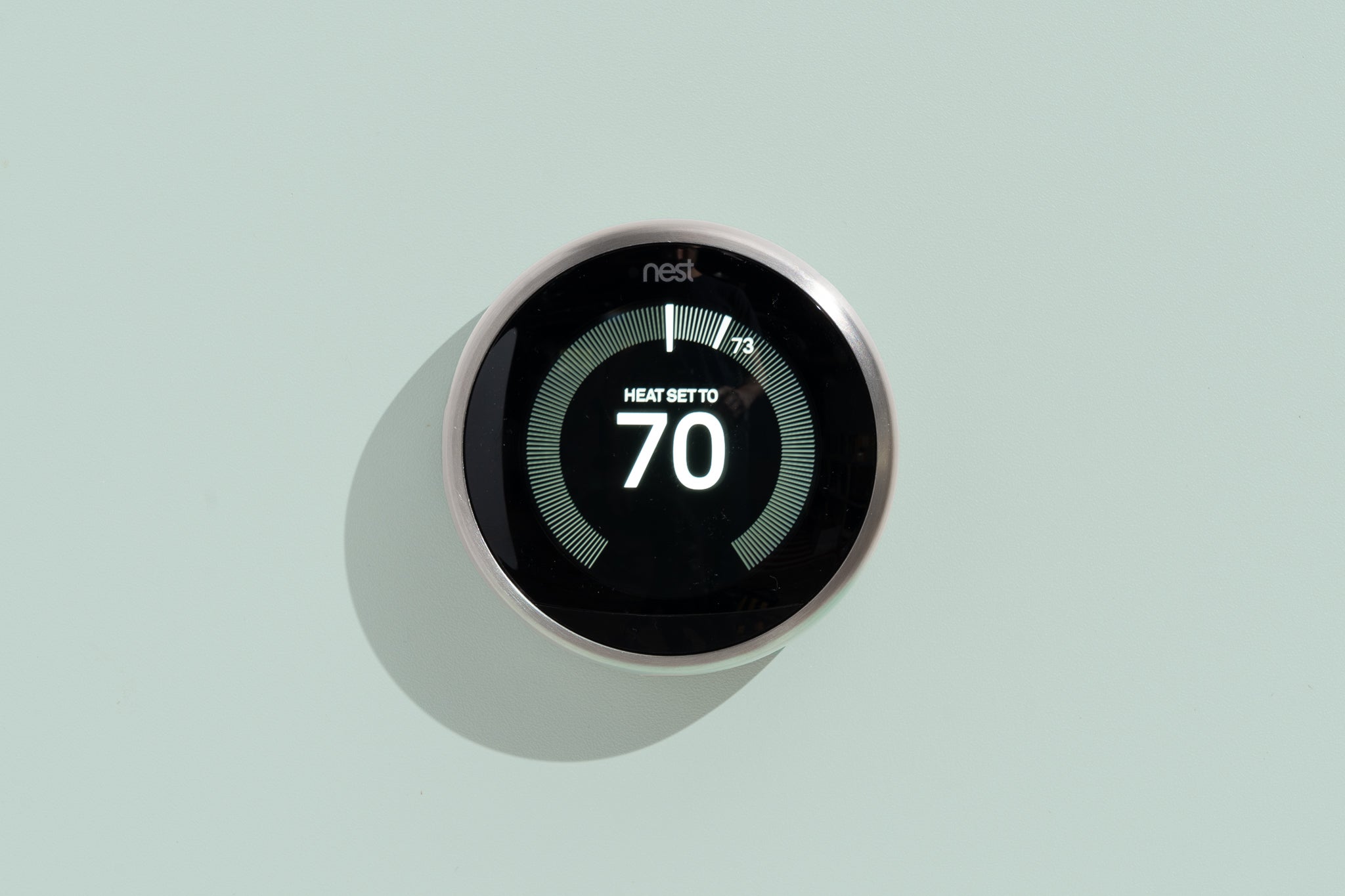

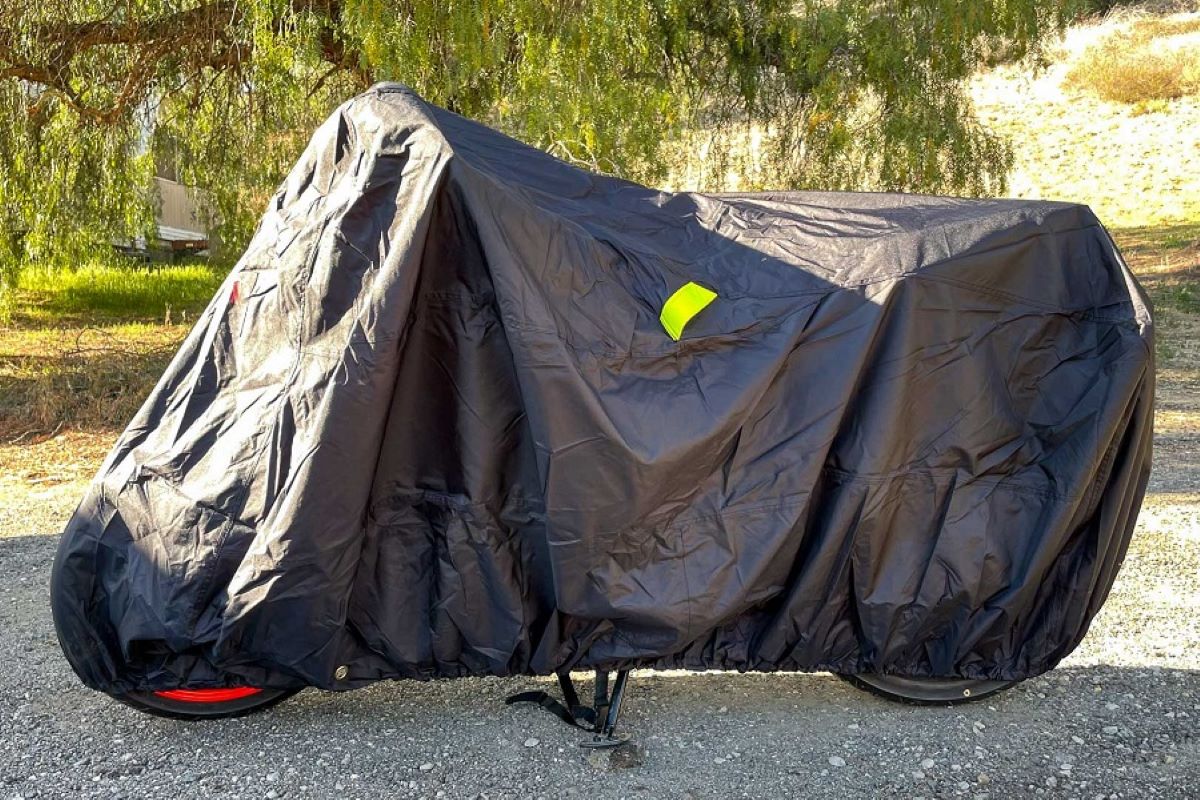







0 thoughts on “How To Store Money Without A Bank”